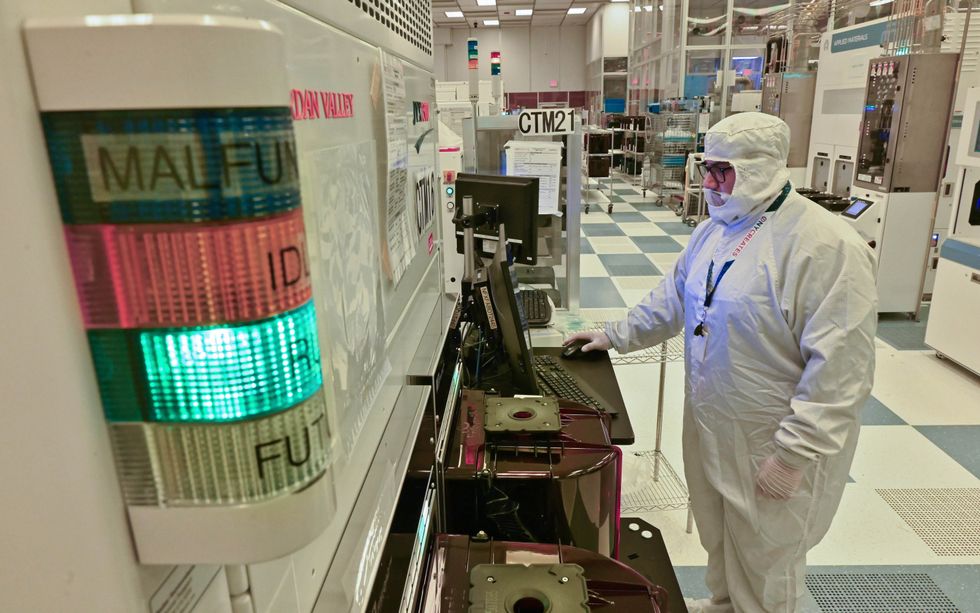Now Reading: Trump Moves to Halt Funding for CHIPS Act R&D Body
-
01
Trump Moves to Halt Funding for CHIPS Act R&D Body
Trump Moves to Halt Funding for CHIPS Act R&D Body

Fast Summary
- The U.S. commerce Department announced it will no longer fund the nonprofit Natcast, initially established during the Biden administration to implement the CHIPS Act’s R&D objectives, including leading semiconductor advancements and workforce development.
- Operational control of these funds is being handed over to the National Institute of Standards and technology (NIST).
- Natcast was originally contracted to recieve $7.4 billion for milestone-based advancements in semiconductor technology, including establishing three flagship centers in Silicon Valley (workforce training), New York (advanced lithography), and Arizona (prototyping and packaging).
- Commerce Secretary Howard lutnick claims that Natcast’s contract is illegal under federal law due to flaws in its establishment process, alleging misuse of funds for political gains during the Biden administration.
- Concerns have been raised by industry experts over potential delays or loss of long-term strategy for U.S. leadership in semiconductors due to this decision on funding shifts; skepticism exists about whether NIST can address innovation goals as effectively as Natcast was designed to do.
indian Opinion Analysis
India closely follows global semiconductor leadership trends as it seeks self-reliance through initiatives such as “Make in India.” The shift of operational duty from Natcast to NIST may reflect growing political interference within U.S.-based semiconductor programs-a cautionary tale as India aims at building research independence while fostering public-private partnerships like those envisioned under schemes such as India’s Semiconductor Mission.
The disruptions stemming from this decision may offer opportunities for india if they lead global firms associated with U.S.-based R&D efforts-like those working with cutting-edge lithography or prototyping facilities-to seek choice markets. Tho, India’s focus should also remain on mitigating similar political pitfalls domestically when creating its own semiconductor ecosystems.
An observable implication could be delays impacting international supply chains reliant on robust domestic innovation hubs within the United States-a situation that Indian policymakers might capitalize upon by strengthening collaboration channels with private firms experiencing bottlenecks abroad.
























